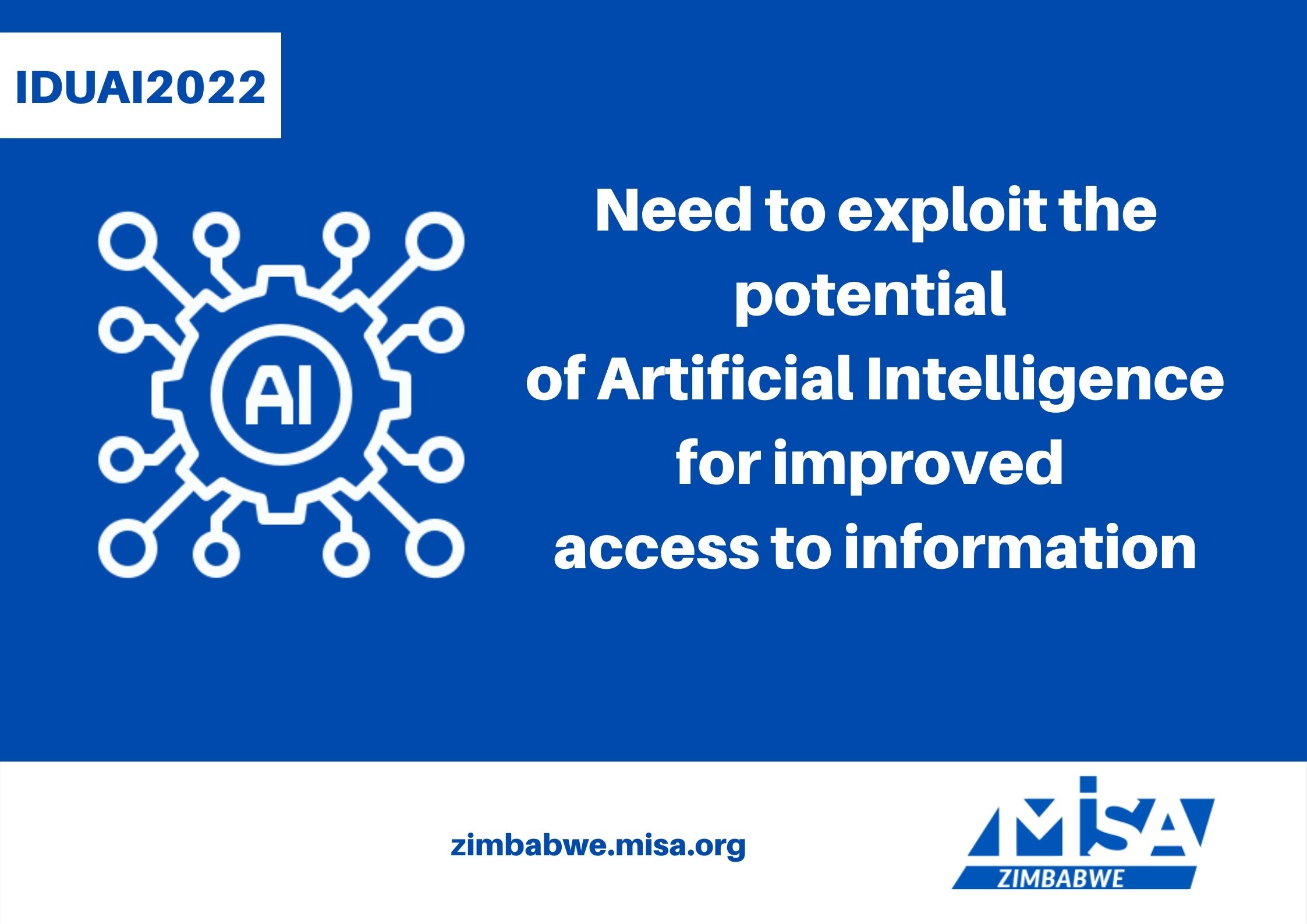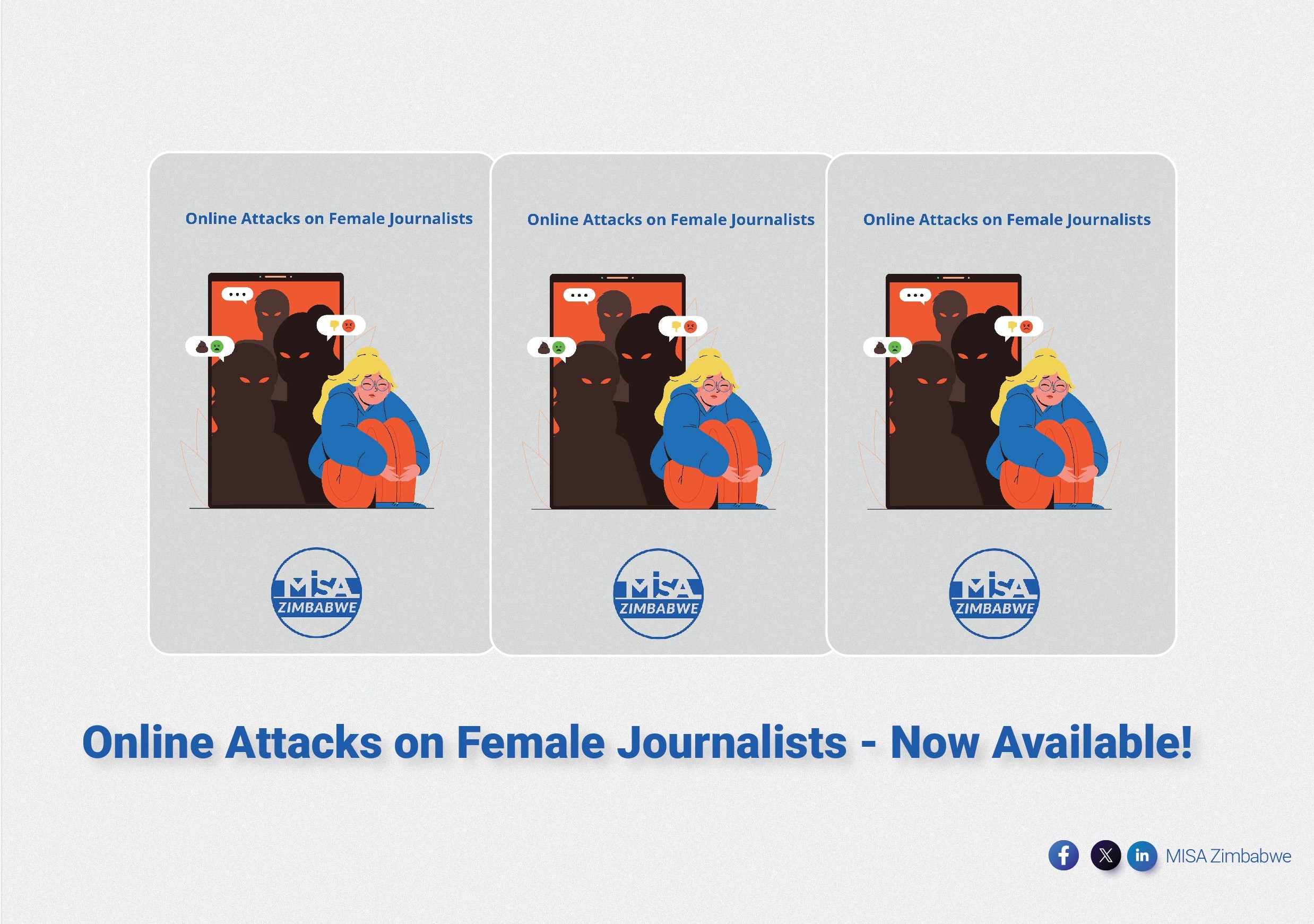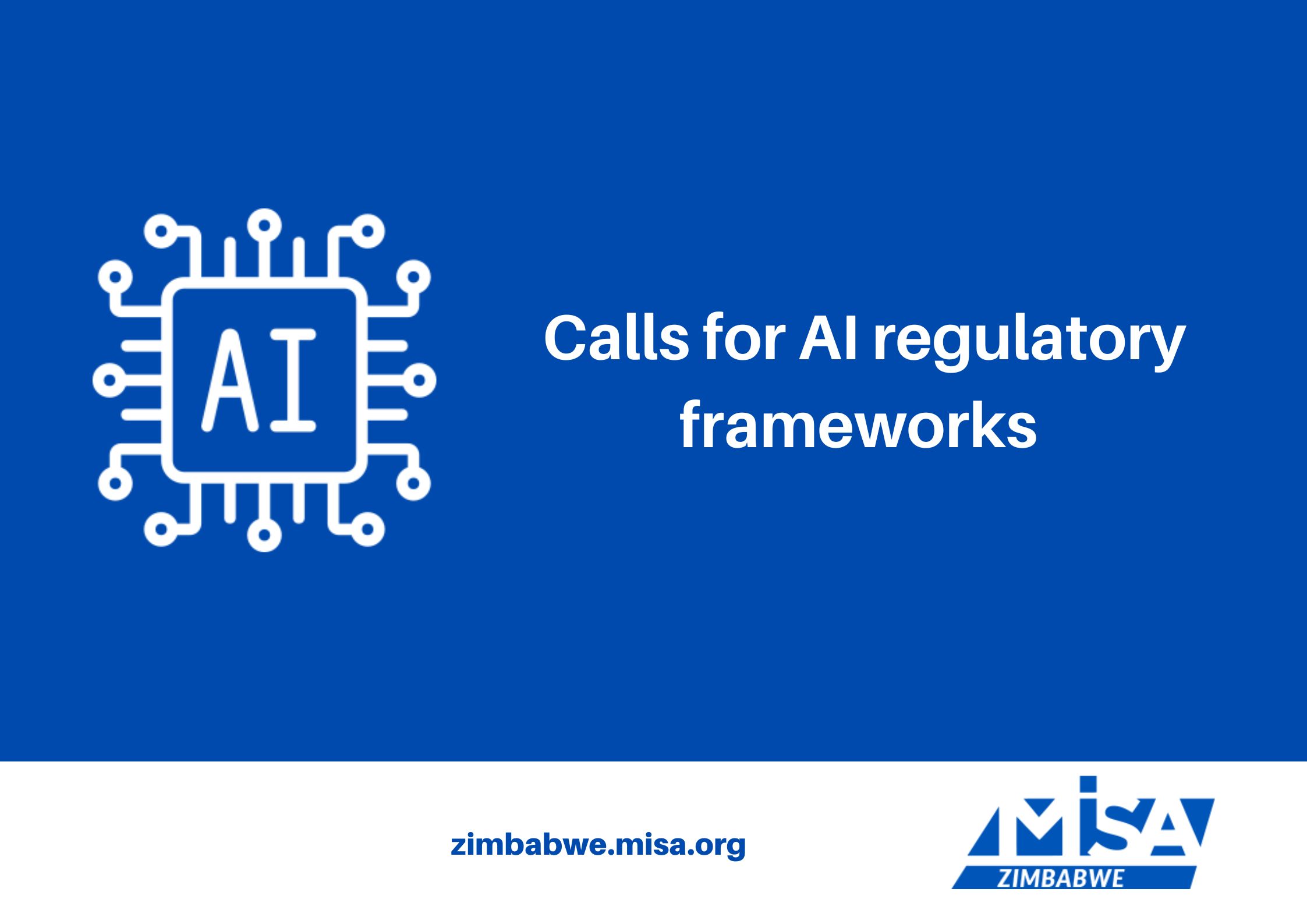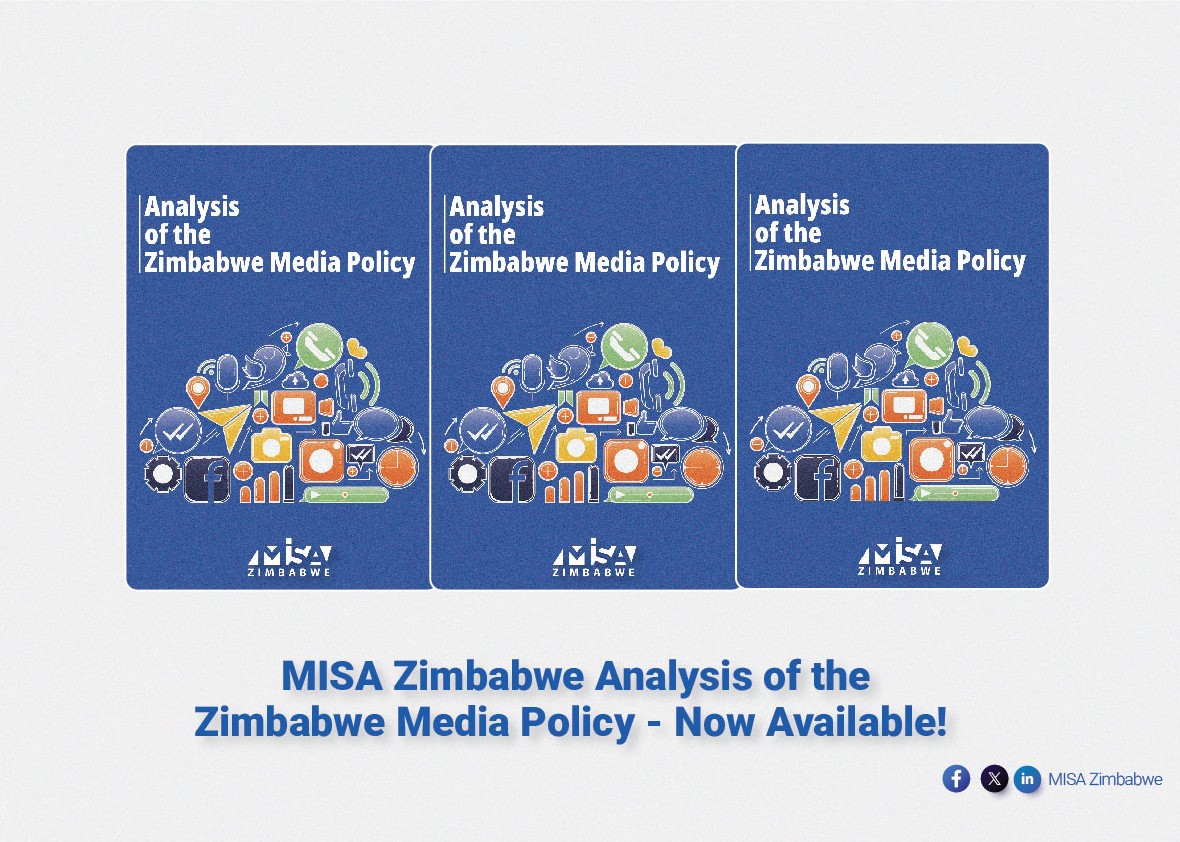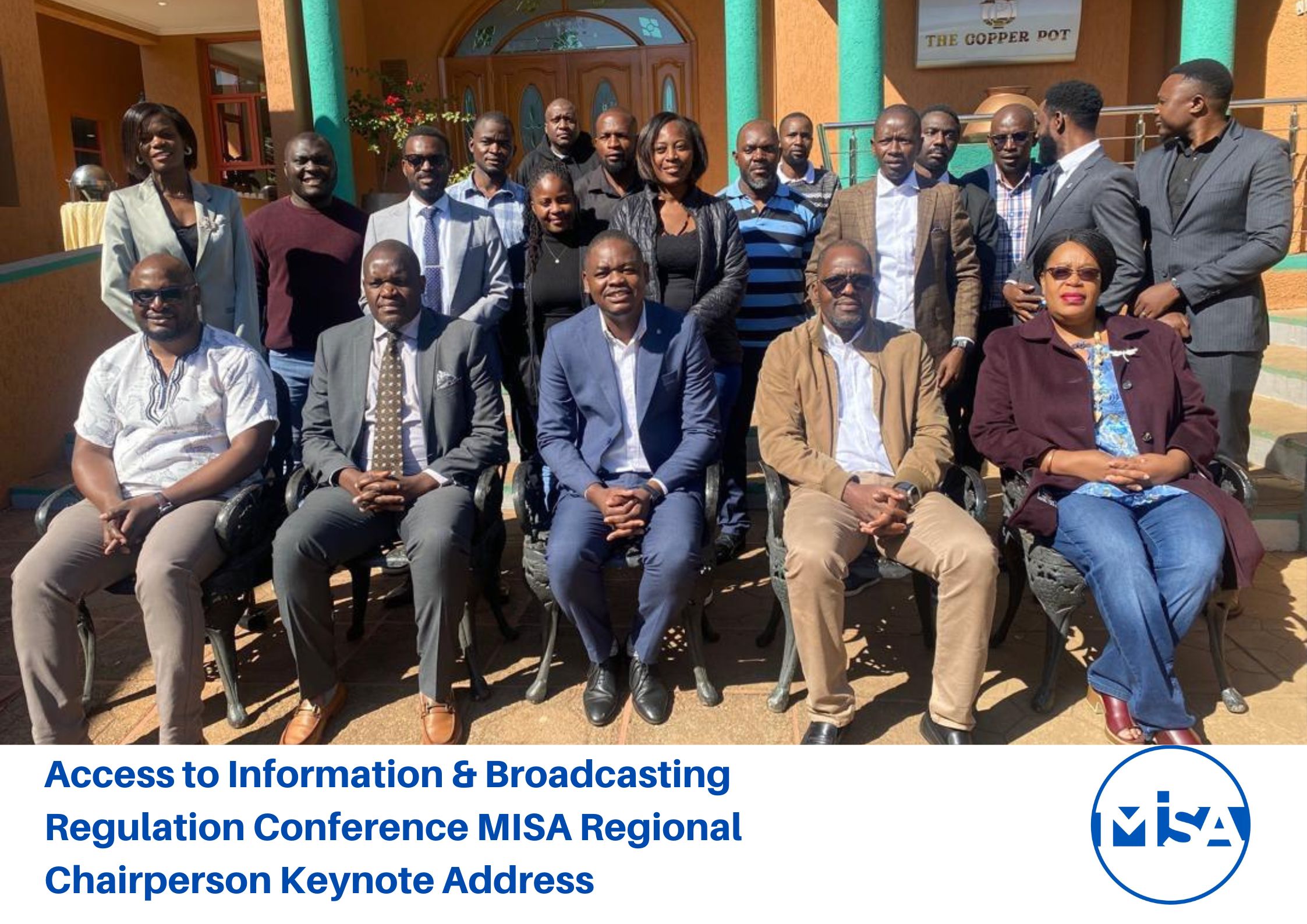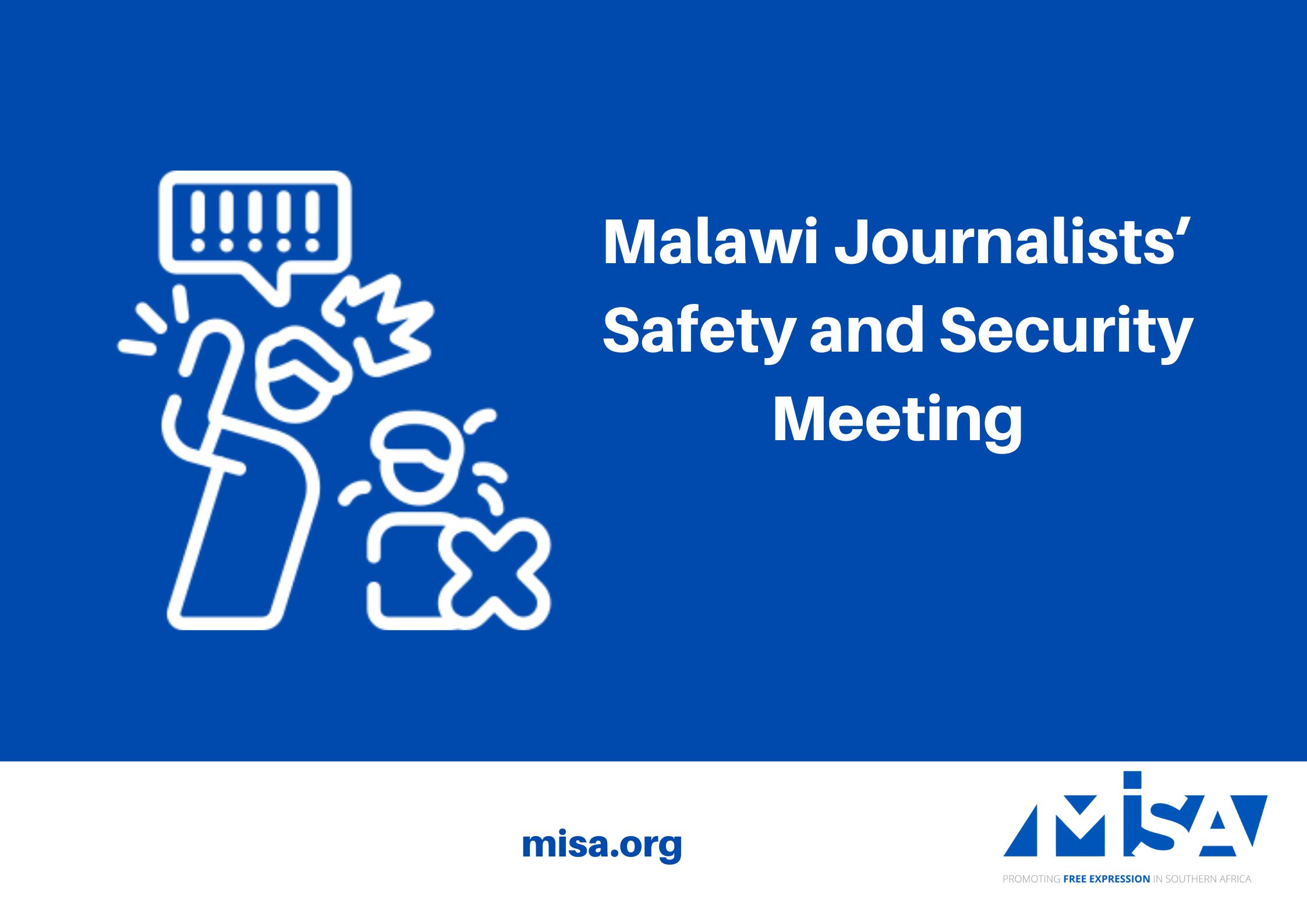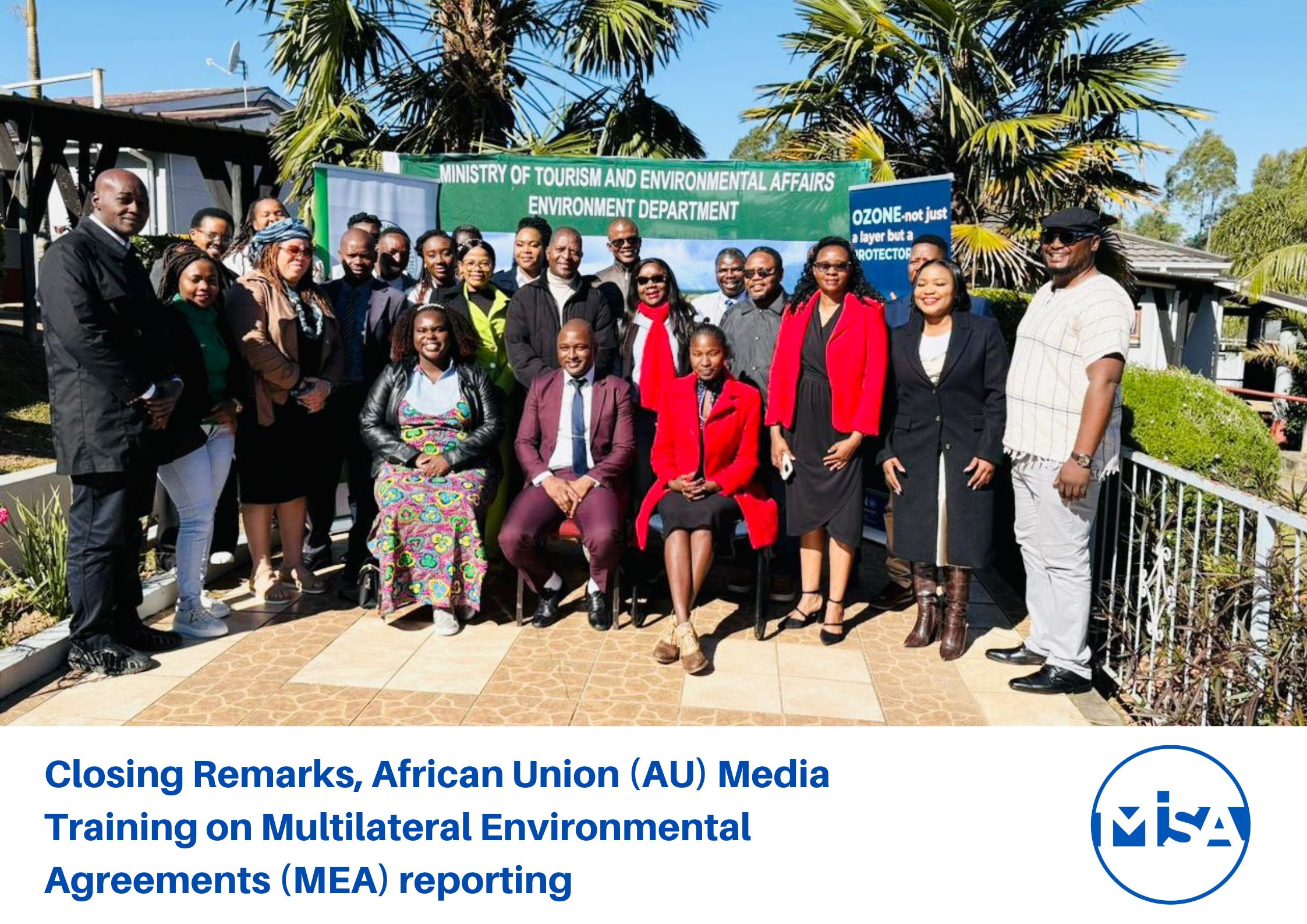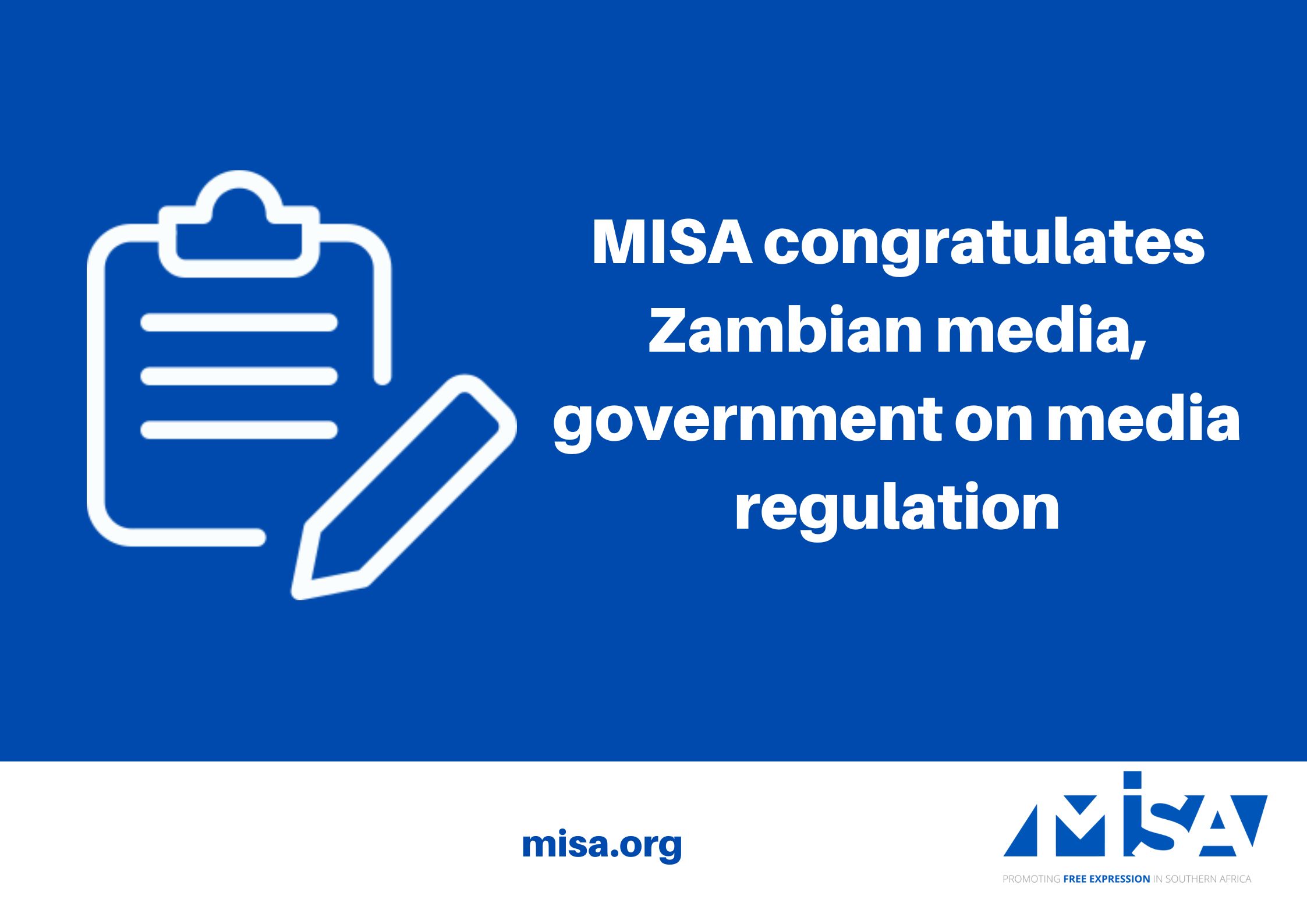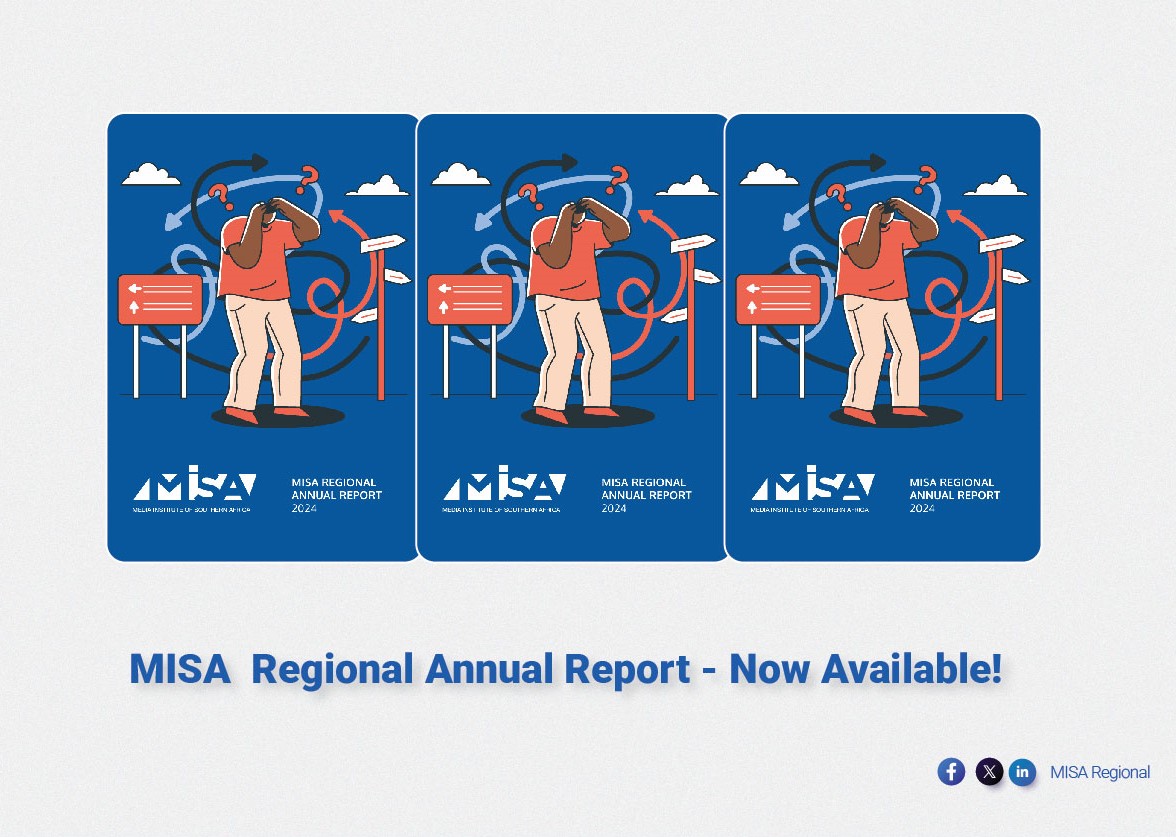28 September 2022
The theme for this year’s International Day for Universal Access to Information (IDUAI): Artificial Intelligence, e-Governance and Access to Information, is critical in enlightening citizens on the role that technology and the internet play in the collection and dissemination of information.
The commemorations, marked annually on 28 September, come at a time when the Government of Zimbabwe has enacted the Cyber and Data Protection Act and the Freedom of Information Regulations as well as launched several digitisation and digitalisation initiatives.
These, among others, include the launch of National Data Centres, digitisation of the judiciary and plans for the digitisation of the education sector. The introduction of e-services such as the e-visa, e-passport, tele-medicine platform, e-learning and the e-government portal, are also progressive in that regard.
The Freedom of Information Regulations provide clarity on the duties of entities and their information officers for purposes of efficiently providing access to information as stipulated in the Freedom of Information Act.
The licensing of the country’s first ever community radio stations following MISA Zimbabwe’s sustained Free the Airwaves Campaign, is a progressive development that will go a long way in enhancing access to information and exchange of ideas in marginalised communities on issues that affect them for government’s attention.
MISA Zimbabwe therefore urges the government to accelerate the digitisation process which is reportedly being stalled by foreign currency challenges by duly allocating the required funds for the completion of the project which is now long overdue.
On the other hand, the Cyber and Data Protection Act is aimed at promoting the enjoyment of constitutional rights including the right to access information as well as promoting the use of technology to promote those rights.
This is despite the Act’s worrying clawback provisions such as the one relating to the transmission of false data messages.
MISA Zimbabwe reiterates its long-standing position that false news offences promote self-censorship and unjustifiably infringe on freedom of expression and by extension, the right to access information.
Meanwhile, Zimbabwe needs to research and invest in the use of new technologies relating to Artificial Intelligence such as facial recognition, chat-bots and algorithms.
These various tools can be used to bridge information gaps in marginalised communities that affect women, the youth and people with disabilities for them to access information in the formats and languages they understand.
This has been demonstrated through the following:
- Image recognition for people with visual impairments.
- Facial recognition for people with visual impairments.
- Lip-reading recognition for people with hearing impairments.
- Text summarisation for people with mental impairments.
- Real-time captioning or translations for people with hearing impairment.
The digital divide still remains wide in Zimbabwe due to limited infrastructure, especially in rural areas where people have access only to 2G network, high costs of data, limited access to smart devices and limited digital literacy.
As the country explores the use of new technologies to promote access to information, it should guard against widening the digital divide and subsequently, the access to information gap.
Full deployment of the 5G Network will go a long way in increasing the speed and quality of services necessitating the use of highly innovative services and applications.
Through the Ministry of Information Communication Technology, Postal and Courier Services, and the Postal and Telecommunications Regulatory Authority of Zimbabwe (POTRAZ), the government has been establishing Community Information Centres (CICs) and providing computers to rural schools through the Connect a School, Connect a Community programme.
There is also a need to ensure the functionality of websites on the official Zimbabwe Government Web Portal through the provision of updated information.
As highlighted by UNESCO, access to information plays an important role in development, democracy and equality. In that regard, Artificial Intelligence and e-governance are critical in improving access to information, bridging the digital divide by giving citizens access to tailor-made and accessible information.
This results in efficient services as citizens will be able to access public sector information and services almost instantly as well as building inclusive knowledgeable societies empowered to fight corruption.
Protection of the citizens’ privacy in the collection and use of citizens’ data is therefore of critical importance to avoid compromising the exercise of fundamental rights such as freedom of expression of which the media plays a critical role in enabling participation in governance issues for accountability and informed choices.
It is therefore critical that public institutions provide information as per their obligations and as provided for by the Freedom of Information Act and Freedom of Information Regulations.
MISA Zimbabwe also further calls for transparency and accountability on the procurement of the software that is going to be used to anchor the facilitation of the enjoyment of this right and safeguard the citizens’ right to privacy.
This entails the need to address the issue of data ownership in the age of AI as far as it relates to data storage, use, retrieval and access to third parties and other jurisdictions.
MISA Zimbabwe Statement on International Day for Universal Access to Information
Golden Maunganidze
Chairperson
MISA Zimbabwe




